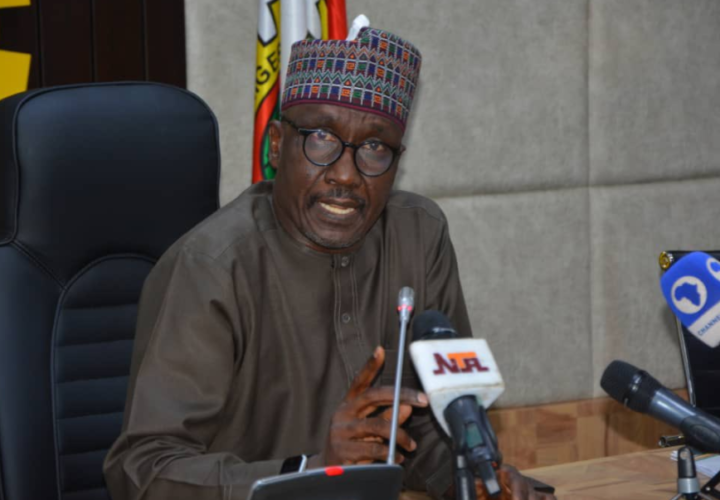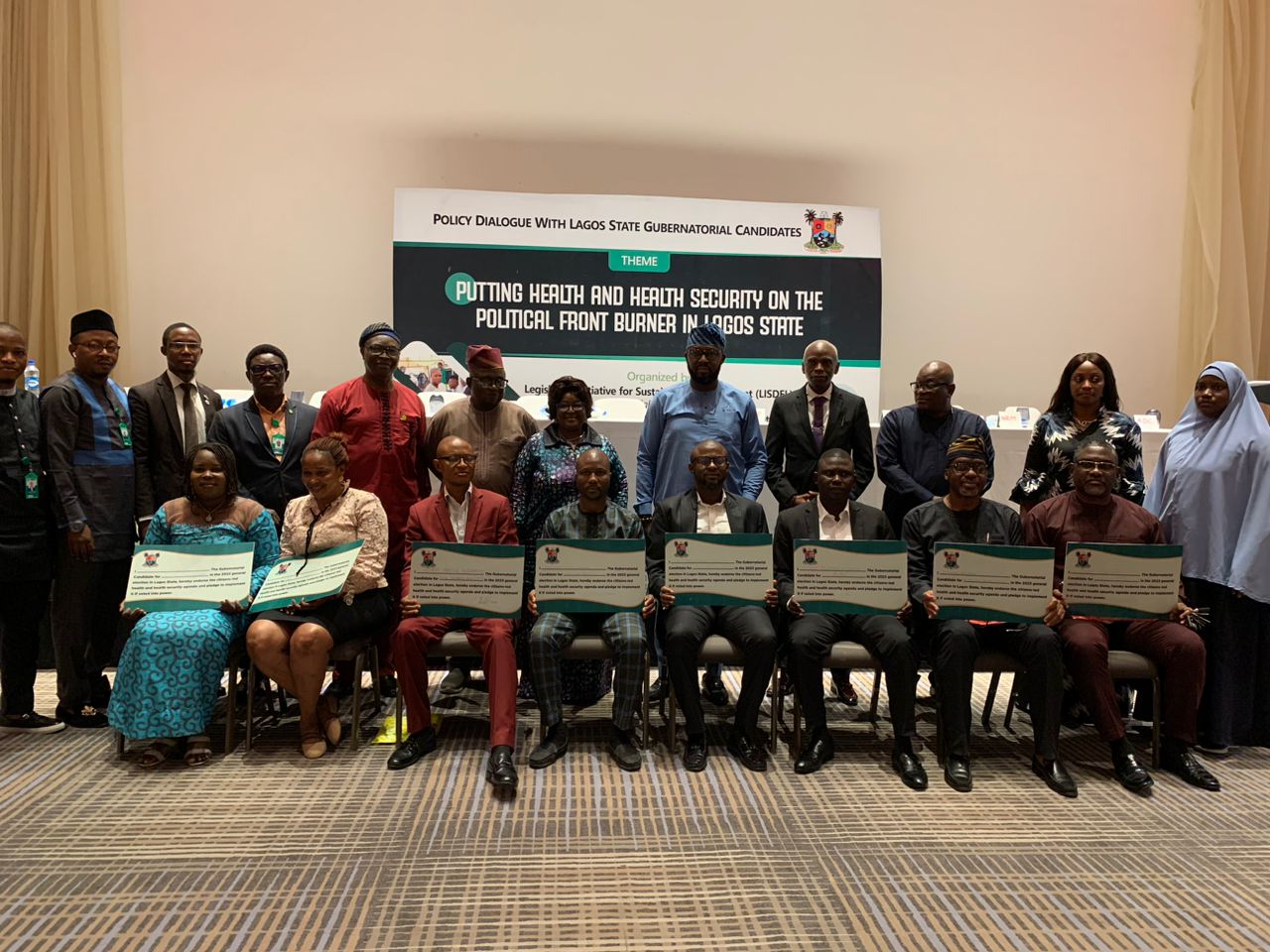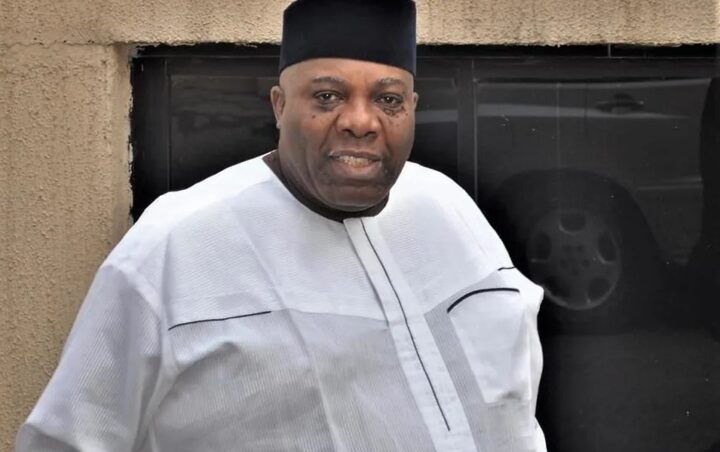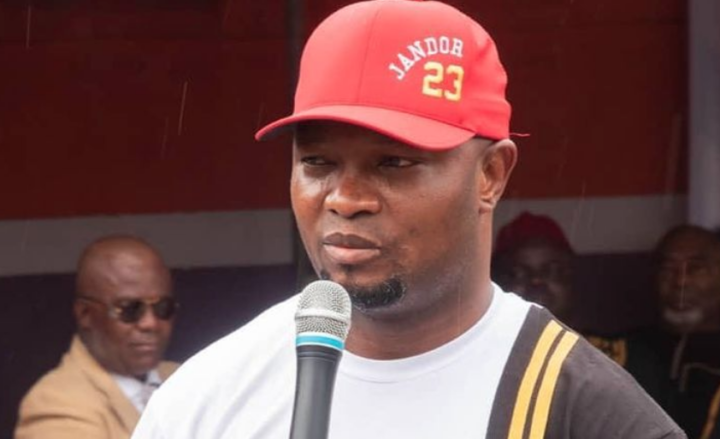The Nigerian National Petroleum Company (NNPC) Limited says in 2023, Nigeria’s oil production may average 2.2 million barrels per day (bpd), including condensate.
Mele Kyari, group chief executive officer (GCEO), NNPC Limited, spoke on Wednesday in an interview session at the 13th global UAE virtual energy forum.
In 2022, Nigeria’s oil production was relatively low, with the country missing production target set by the Organisation of Petroleum Exporting Countries (OPEC) throughout the year.
In August 2022, oil output hit an all-time low of 972,394 bpd, and further fell to 937,766 bpd in September.
Advertisement
However, in the last quarter of the year, production began to steadily increase, reaching 1.23 million bpd in December 2022.
Speaking during the interview, Kyari said there are supply shortages globally and no country is producing enough to close the supply gap.
“But definitely even if you wish to bring back production tomorrow, you cannot do it because that is not how it works,” he said.
Advertisement
Kyari said when investment is made in the industry, it requires “a gestation period of probably 34 months minimum.”
‘SECURITY CHALLENGE HAMPERED OIL PRODUCTION IN 2022’
However, he added Nigeria is making efforts to restore optimal production.
“In our case, we have a different challenge other than just a lack of investment in the last four to five years. There has been no investment in the last four to five years. That is correct. That is true in many other jurisdictions where cash flows do not support the investment,” he said.
Advertisement
“In our case, we had a different challenge – security challenge – that became very manifest early-2022. And of course, we took definite steps to bring back production and this is paying up.
“For instance, in around July, our net crude oil, excluding condensate, came down to around 1 million bpd. That is the lowest ever in the history of our country and our industry.”
Kyari added that practical steps taken by the federal government to address issues related to pipeline security have led to a significant recovery in Nigeria’s oil production.
“So for us, we see a trajectory of restoring production, including condensate, within the year. Definitely, we believe that we can hit our target of 2.2 million bpd but our OPEC target is 1.8 million bpd, but we know that it is practical to do 2.2 million within 2023,” the NNPC boss said.
Advertisement
He dislcosed that there are ongoing construction works on some of NNPC’s pipelines “which will clearly make 1.8 million bpd very easy to attain”.
‘FUEL SUBSIDY IS A GOVERNMENT DECISION’
Advertisement
Speaking on petrol subsidy, Kyari said the issue has always been a decision of governments around the world and practiced in different ways.
“Anywhere you have subsidy in the world, you do have to manage arbitrage across your borders from your supply chain partners and so on and so forth,” he said.
Advertisement
“NNPC is becoming a completely private company today — owned by government — but operating just like any other company in the country: like Chevron and any other company you can think of. Therefore, our relationship with government today, in terms of supply of fuel, is on a commercial basis.
“There is a service level agreement between us and the government to supply fuel and then sell it at the price that the policy decision of government has asked us to do. So, it’s not a problem at all for us as a corporate company.
Advertisement
“It is value for us. We’re delivering products to the country. We have sufficient cash flow to support this and there is a relationship between us and government.”
‘REHABILITATION OF REFINERIES IS A COMMERCIAL DECISION’
Kyari noted that the country currently has no problems importing petroleum products, adding that this was due to the rehabilitation exercise at the country’s refineries.
“We don’t see any challenge delivering products into our country minding the fact that almost 100 percent importation of our petroleum are required because of the very fact that we have decided to rehabilitate all our four refineries in one sweep and that is the right thing to do,” he said.
The NNPC boss noted that the rehabilitation exercise was a “very clear commercial decision”.
“And as soon as we’re doing this (as we all know on this platform) producing locally brings you close to supply and that removes energy security issues,” he said.
“The NNPC is very comfortable with what we are doing now. [And] we don’t see any danger in supply into our country. We are meeting all our applications. We don’t have any payment issues with our suppliers.
“And of course, as we are seeing the growing production from the crude oil and condensate production, we know that ability to pay will not be an issue for us also.”
Meanwhile, Kyari said the new Dangote Refinery, together with three other refineries, are due to commence operations mid-year.
He said when these facilities come on stream, Nigeria’s national capacity would be around 1.1 million bpd.
“When we do this, we will exceed our national demand, so there will be a reversal of flow, with Nigeria becoming an exporter of products,” he said.






